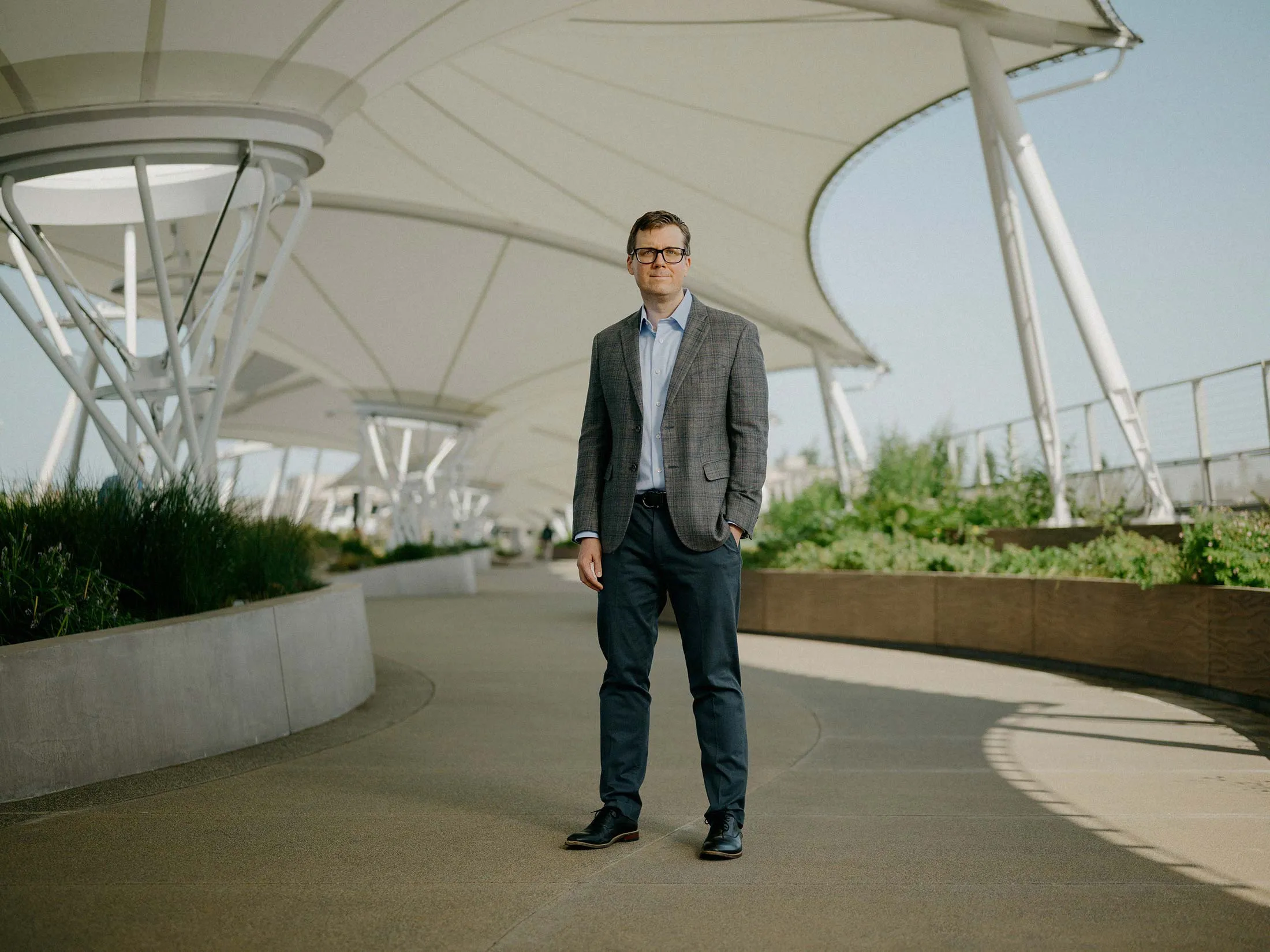Microsoft Corp. has seen its total planet-warming impact rise by 23% since 2020, primarily due to the expansion of emissions-intensive data centers driven by its investments in artificial intelligence. Despite this significant increase, the tech giant remains committed to its climate goals set five years ago: becoming carbon negative by 2030 and removing all historic emissions from the atmosphere by 2050.

In an interview with Bloomberg Businessweek, Brian Marrs, Microsoft’s senior director of energy and carbon removal, acknowledged the challenges posed by AI but emphasized the company’s priority on reducing carbon emissions. ‘It is important to recognize we’re at the very beginning of generative AI and what it will look like,’ Marrs said. ‘Servers and data centers will evolve and do more with less.’
Microsoft has made significant strides in carbon removal, signing record deals to offset its emissions. The company’s sustainability report for 2025 revealed the extent of the challenge it faces in meeting its climate commitments. While the exact path forward is unclear, Microsoft is exploring ways to make its data centers more efficient as AI technology continues to evolve.
The conversation around Microsoft’s climate goals highlights the broader challenge faced by tech companies in balancing innovation with environmental responsibility. As AI continues to drive growth and investment in data-intensive infrastructure, finding sustainable solutions remains a critical priority for the industry.


